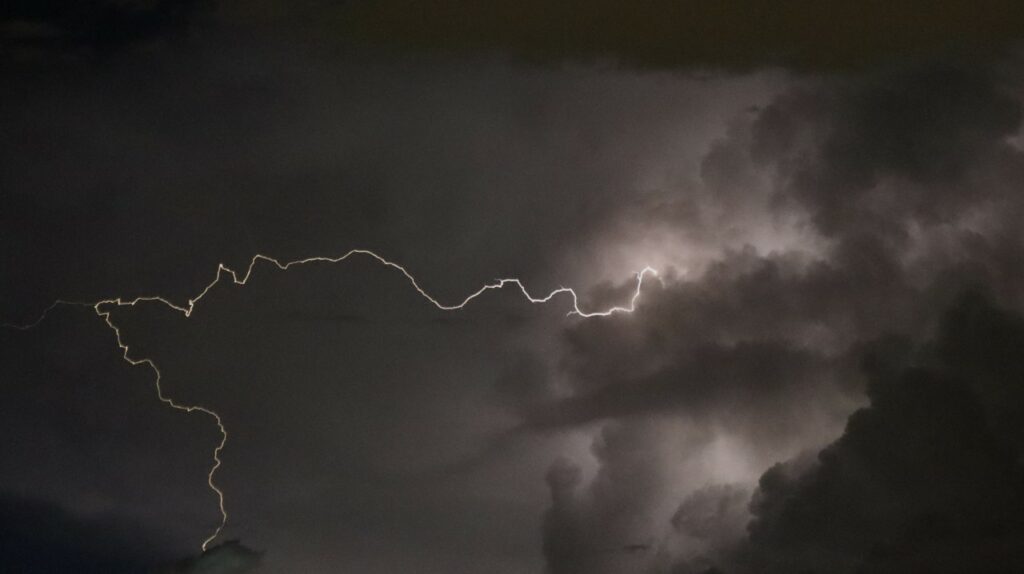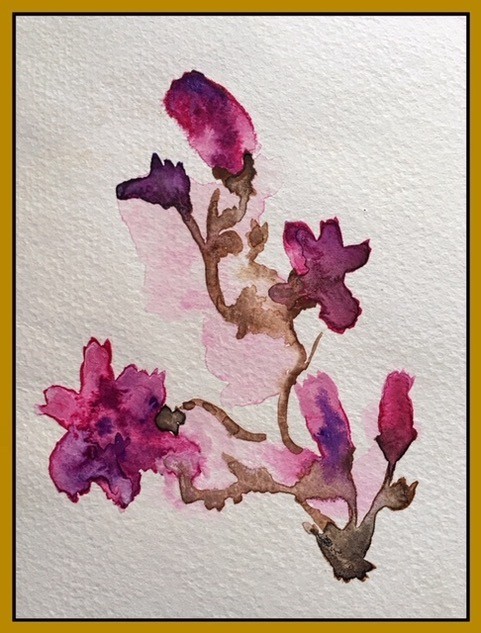
uncertainty comes with change
in the weather
whether you know it
or not
the coming rain
impending pain
all part of this life as we feel it
as we see it
as we believe it to be
we seek shelter
relief from the constant heat and humidity
of our days
exorbitant excess
we feel only regret
an imbalance
if we have time
we seek comfort
if only in our mind
it is only uncertainty
all in all a probability
if we can live with that
we can curb our expectations
whether we know it
or not
© 2022 j.g. lewis



